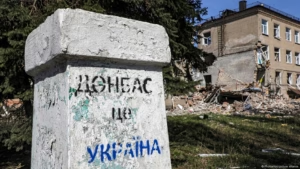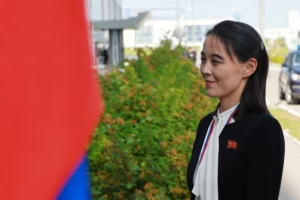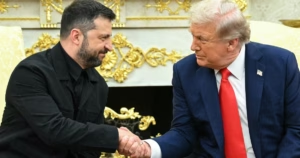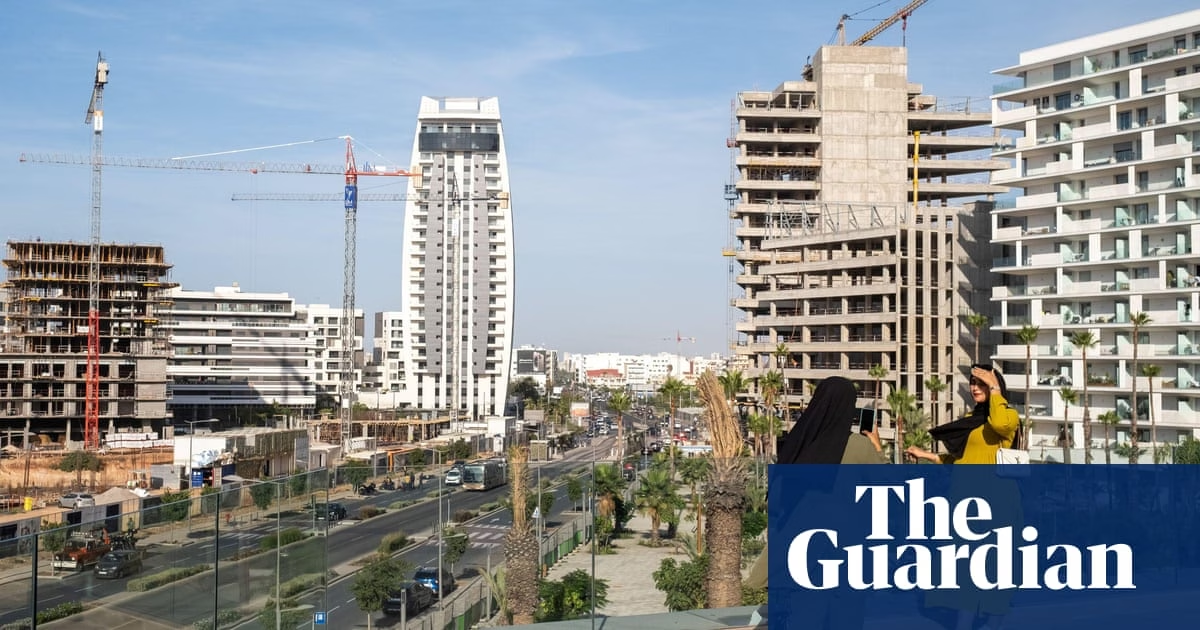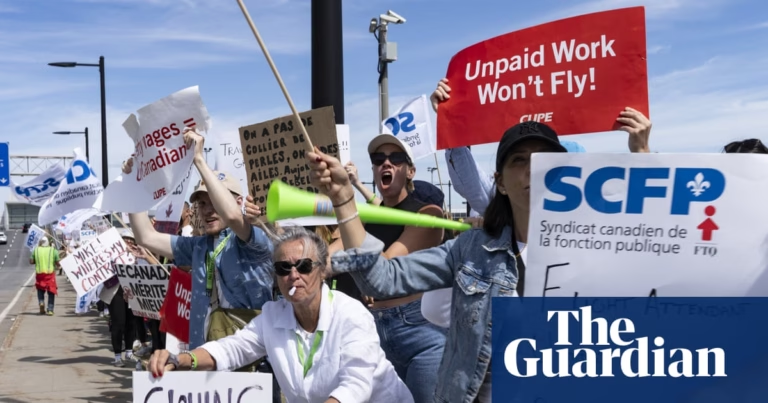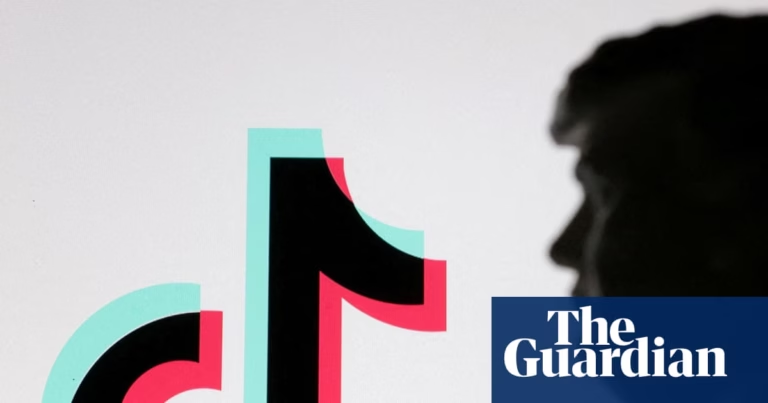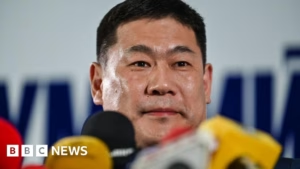For centuries, merchants from around the Atlantic coast made Casablanca a key trading center due to its placement between Africa, the Middle East, and Europe. Today, Morocco’s financial hub is adding these historic roots to a strong modern business persona. One example is the Casablanca Finance City (CFC), which is creating a district with high-rise buildings to symbolize the city’s dream of being a major gateway for international investment in Africa.
Since its launch in December 2010, the CFC’s attractive tax system has attracted businesses globally. Although sign-ups slowed down during the Covid-19 pandemic, it now hosts 240 companies, including Huawei and Schneider Electric, accounting for more than 7,000 jobs. Lamia Merzouki, its COO, said, “We welcome companies from various sectors… [and] support their development into the continent.”
Moroccan investment in Africa has risen significantly over the past decade: it was $100m in 2014 and has reached $2.8bn in 2024. As of March 2025, Morocco was ranked fourth in the Middle East and Africa region and 57th overall on the Global Financial Centres Index.
Brigitte Labou, the head of customs practice for Francophone Africa at KPMG Avocats in Paris, says hubs like the CFC are “crucial levers for accelerating the industrialization of Africa.”
The CFC is Morocco’s strategic entry point for business in Africa, considered important by the Moroccan government for the African Continental Free Trade Area (AfCFTA), which would create a unified African market of 1.4 billion people and a combined GDP of $3.4tn. However, its implementation has been delayed.
African economists hope trade deals like the AfCFTA can help during a period of global tariff wars. In May, African business executives gathered in Abidjan, Ivory Coast, for the Africa CEO Forum, and intracontinental trade during tariff disruption was a crucial topic.
SA President Cyril Ramaphosa proposed increased cooperation on the continent as a solution, saying, “We would like the private sector to follow the public sector and embrace the AfCFTA, also being active participants… [it] will be the pathfinder.” Merzouki agreed, saying, “The African free trade area is really a must in this context of trade wars… We need to accelerate the momentum.”
There is a criticism that the CFC’s focus on attracting foreign capital hasn’t helped to address the deep-seated inequalities within Morocco. Further, trade data for 2024 shows that the EU is still the destination for at least two-thirds of Moroccan exports.
Merzouki responded that the data shouldn’t overshadow the dynamic cooperation between Morocco and the rest of Africa. She also said Morocco’s stability is an advantage in attracting businesses.
The CFC is also cooperating with African investment promotion agencies and hosts the Africa50 fund, aimed at boosting infrastructure development across the continent. Additionally, the district is looking at artificial intelligence and sustainable financing, with plans to launch a voluntary carbon market for private entities to promote a carbon-efficient ecosystem.
However, there are limitations to the African financial hubs like the CFC as doing business in many African countries is difficult due to red tape and archaic policies.
Source: https://www.theguardian.com/world/2025/jun/03/casablanca-finance-hub-african-development-morocco
